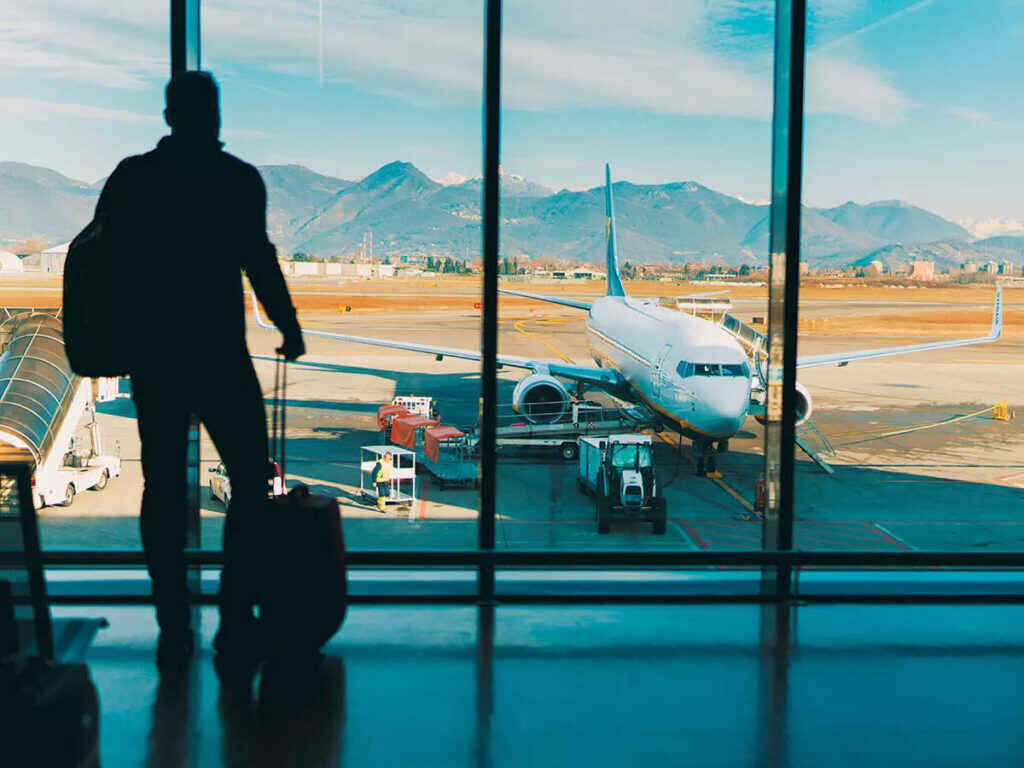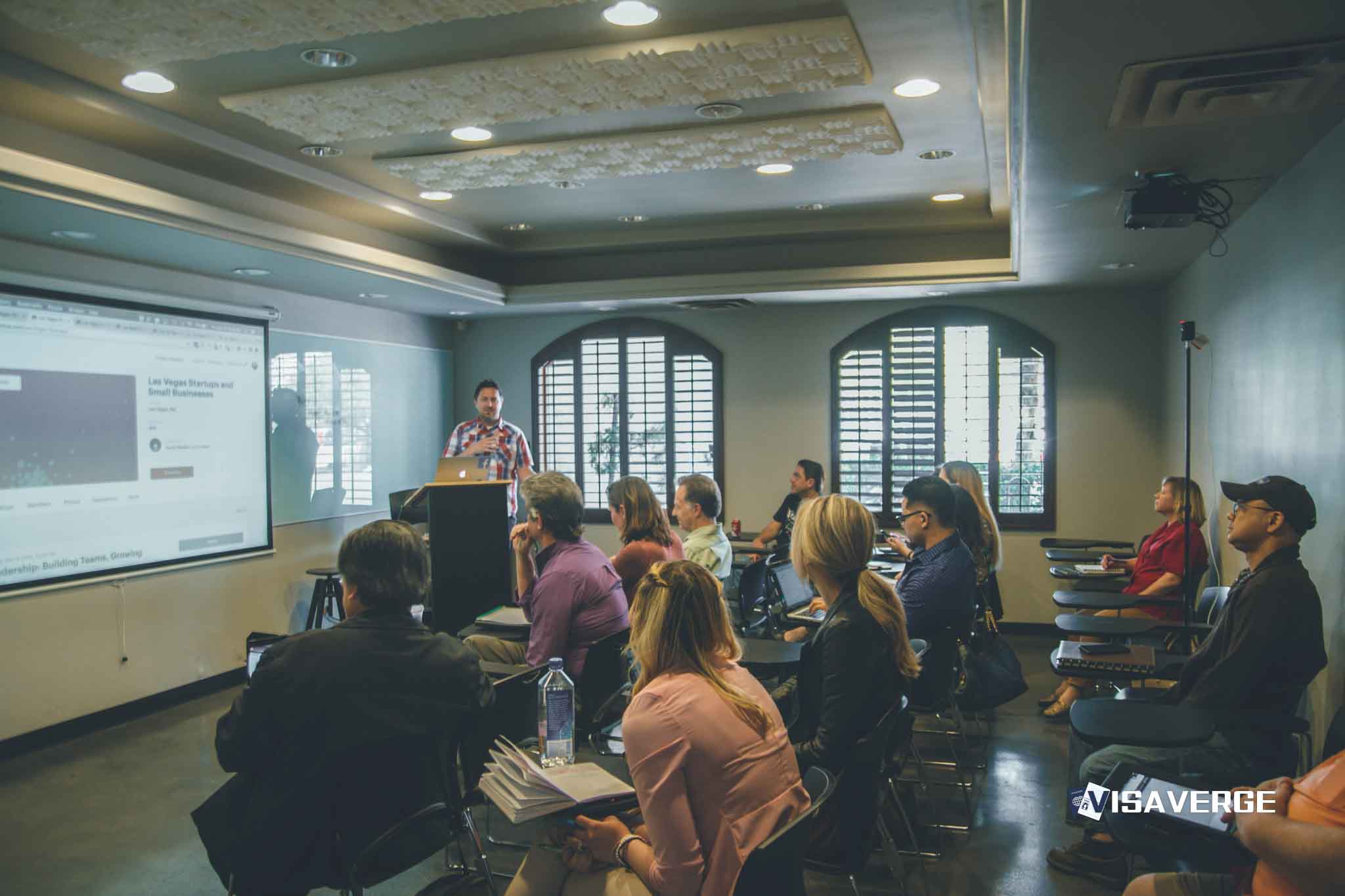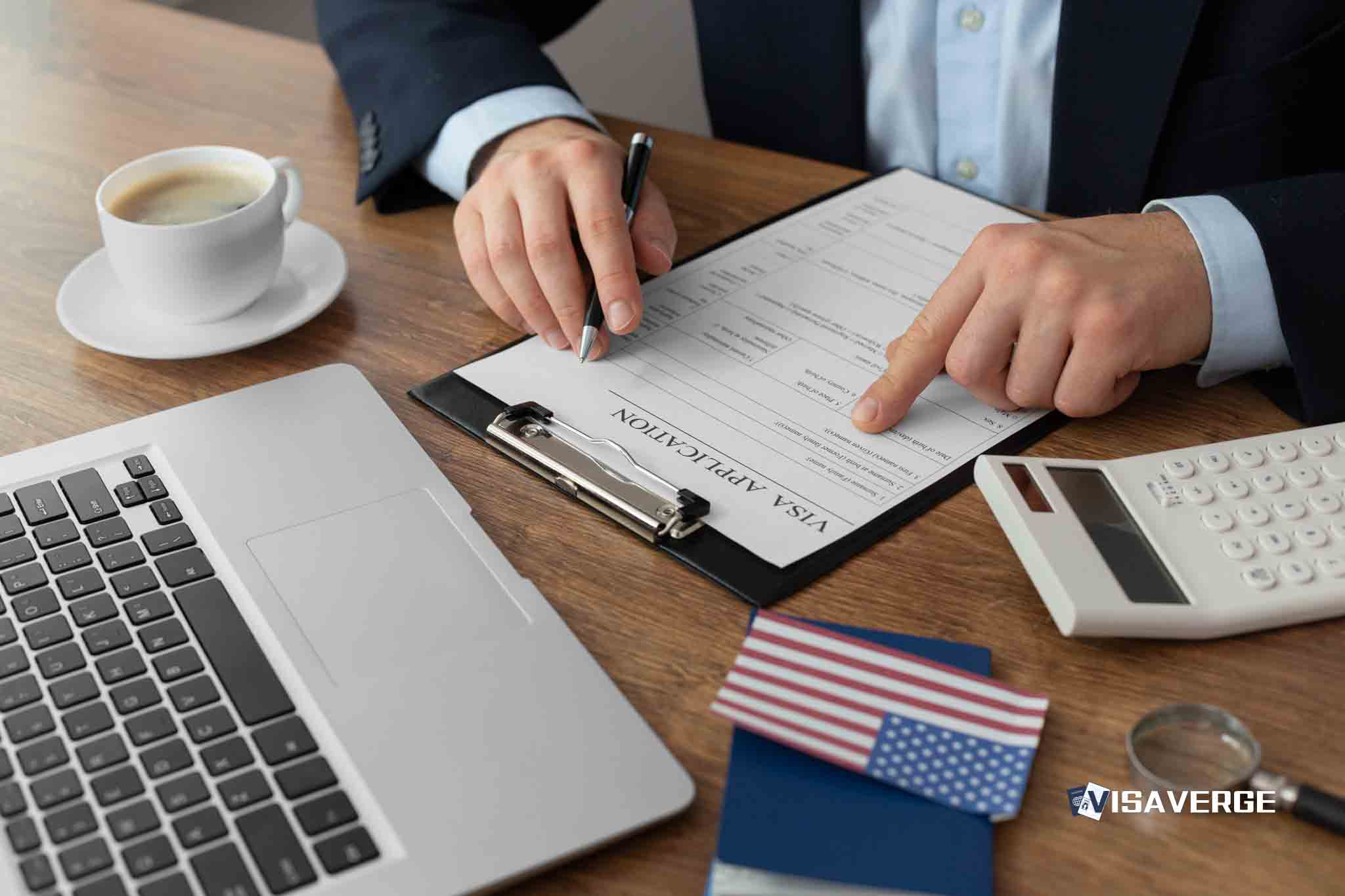The United States has launched a one‑year Visa Bond Pilot for certain B‑1/B‑2 visitor visa applicants from Malawi and Zambia, starting August 20, 2025. The policy does not ban travel and is not a joint action with Australia, Canada, or the UK. Instead, it requires some applicants to post a refundable bond of $5,000, $10,000, or $15,000 before a visa can be issued.
Under the pilot, any visa issued will be single‑entry, valid for 3 months, and the stay in the United States may not exceed 30 days. Travelers who are required to post a bond must arrive and depart only through Boston (BOS), New York–JFK (JFK), or Washington Dulles (IAD). Payment happens only after a consular officer gives instructions, and paying early will not speed up or guarantee a visa. The U.S. Department of State (DOS) cites DHS overstay data as the reason for selecting Malawi and Zambia for the initial phase.

Policy details and effective dates
DOS issued a Temporary Final Rule on August 5, 2025, creating a 12‑month pilot window from August 20, 2025, to August 5, 2026. The legal basis is INA §221(g)(3) and 22 CFR 41.11(c)(3), which allow consular officers to require a bond as a condition of visa issuance for specific cases.
According to the Department:
- The first two countries in scope are Malawi and Zambia, selected using DHS FY2023 B‑1/B‑2 overstay rates.
- The rule permits DOS to add more countries later, with at least 15 days’ public notice, based on risk factors like high overstay rates or screening concerns.
- As of now, DOS lists only Malawi and Zambia.
The bond amount—$5,000, $10,000, or $15,000—is set by the consular officer at the interview. If a bond is required, the officer provides a unique payment link and instructions to submit DHS Form I‑352 Immigration Bond through the U.S. Treasury’s Pay.gov.
Important payment rules and consequences:
- Payment must follow consular direction; sending money without instruction will not be refunded and does not mean a visa will be approved.
- After payment is confirmed, the post may issue a B‑1/B‑2 visa that is single‑entry and valid for a single trip within three months.
- Upon arrival, U.S. Customs and Border Protection may admit the traveler for up to 30 days.
Designated arrival/departure airports:
- Travelers who posted a bond must use one of three ports for both arrival and departure: BOS, JFK, or IAD.
- Not using the designated airports can cause denial of entry or problems proving a timely departure.
Bond cancellation and refund process:
- DOS states that bonds are canceled and refunded when the traveler leaves on time, does not travel before visa expiry, or is denied admission.
- DHS processes bond cancellation (for example, with an I‑391 notice), and the U.S. Treasury returns funds.
For the latest official list of countries, procedures, airports, and refund conditions, see Travel.State.Gov’s “Countries Subject to Visa Bonds” page:
https://travel.state.gov/content/travel/en/us-visas/visa-information-resources/countries-subject-to-visa-bonds.html
DOS has clarified what the policy is not:
- There is no U.S. “travel ban.”
- There is no confirmed joint program with Australia, Canada, or the UK.
- Independent reviews of those countries’ public portals show no matching bond rule aligned with the U.S. program.
According to analysis by VisaVerge.com, the action is a narrow, time‑limited pilot tied to overstay data, not a coordinated border policy across the Five Eyes.
Impact on applicants and stakeholders
For most travelers from Malawi and Zambia, the initial application steps stay the same:
- Complete the DS‑160.
- Pay the MRV fee.
- Attend a consular interview.
At the interview, the officer decides visa eligibility and whether a bond is required. If a bond is imposed, the applicant receives the official Pay.gov link and instructions to submit DHS Form I‑352 Immigration Bond. Use only the link provided by the consulate. Do not pay through third‑party sites, and do not pay early.
Practical steps after consular instruction:
- Complete and submit DHS
Form I‑352Immigration Bond via Pay.gov using the consulate’s link. The official form is available from U.S. Immigration and Customs Enforcement: https://www.ice.gov/doclib/forms/pdf/i352.pdf. - Understand that the visa, if issued, will be single‑entry, valid for 3 months, and your stay will be limited to 30 days, unless you later file a timely extension or change request with USCIS.
- Plan flights to arrive and depart only through BOS, JFK, or IAD. Keep boarding passes, itineraries, and a copy of your I‑94.
- Depart on or before the last day of your authorized stay to protect your bond refund.
If you follow the rules, DHS cancels the bond and the Treasury returns the funds. Keep records that show your exit. If DHS sends an I‑391 “Notice – Immigration Bond Canceled,” retain it. The official I‑391 form is posted here: https://www.ice.gov/doclib/forms/pdf/i391.pdf.
Community reactions:
- In Malawi and Zambia, concerns focus on cost and fairness.
- Families planning short visits (weddings, funerals, business meetings, school tours) face higher up‑front cash demands.
- Small firms warn that the bond could delay travel for trade events or supplier meetings.
- U.S. officials argue the limited validity, tighter routing, and the bond signal help measure compliance during the pilot.
- VisaVerge.com reports that professional groups (including NAFSA and immigration law firms) emphasize the narrow scope and the case‑by‑case bond decision at the interview.
Common pitfalls to avoid:
- Paying a bond before the consulate instructs you will not help your case and can lead to lost funds.
- Booking flights through non‑designated airports can create arrival/departure problems.
- Overstaying—even by a few days—can block the refund and harm future visa chances.
- Because the visa is single‑entry, travelers who need to attend multiple events months apart will need separate applications and, if required, separate bonds.
What to watch next
The pilot runs through August 5, 2026, unless DOS extends it or starts a new rulemaking to make parts of it permanent. The Department may add countries to the pilot with at least 15 days’ notice on Travel.State.Gov.
Any change in the list, bond amounts, or airport routing requirements will be posted there first. Stakeholders could challenge aspects of the program, but nothing announced to date changes the core rules for Malawi and Zambia at launch.
Practical planning tips for travelers and employers:
- Schedule visa interviews early so there’s time to complete the bond step if required.
- Set travel within the 3‑month visa validity and 30‑day admission window.
- Enter and leave through BOS, JFK, or IAD, and keep proof of timely departure.
- Monitor the official DOS page for country additions or updates.
Final clarifications and key takeaway:
There is no new U.S. travel ban tied to this policy, and no confirmed joint action with Australia, Canada, or the UK. The pilot is a U.S. program under U.S. law.
For now, the Visa Bond Pilot applies only to B‑1/B‑2 applicants from Malawi and Zambia, assessed case‑by‑case at the visa interview, with bonds set at $5,000, $10,000, or $15,000, and strict travel conditions tied to visa issuance and refund.
This Article in a Nutshell
Starting August 20, 2025, the U.S. pilots refundable visa bonds for some Malawi and Zambia B‑1/B‑2 applicants, requiring Pay.gov payment only after consular instruction. Bonds ($5k–$15k) yield single‑entry visas valid three months with 30‑day stays and mandatory BOS, JFK, or IAD routing to ensure compliance and refunds.













